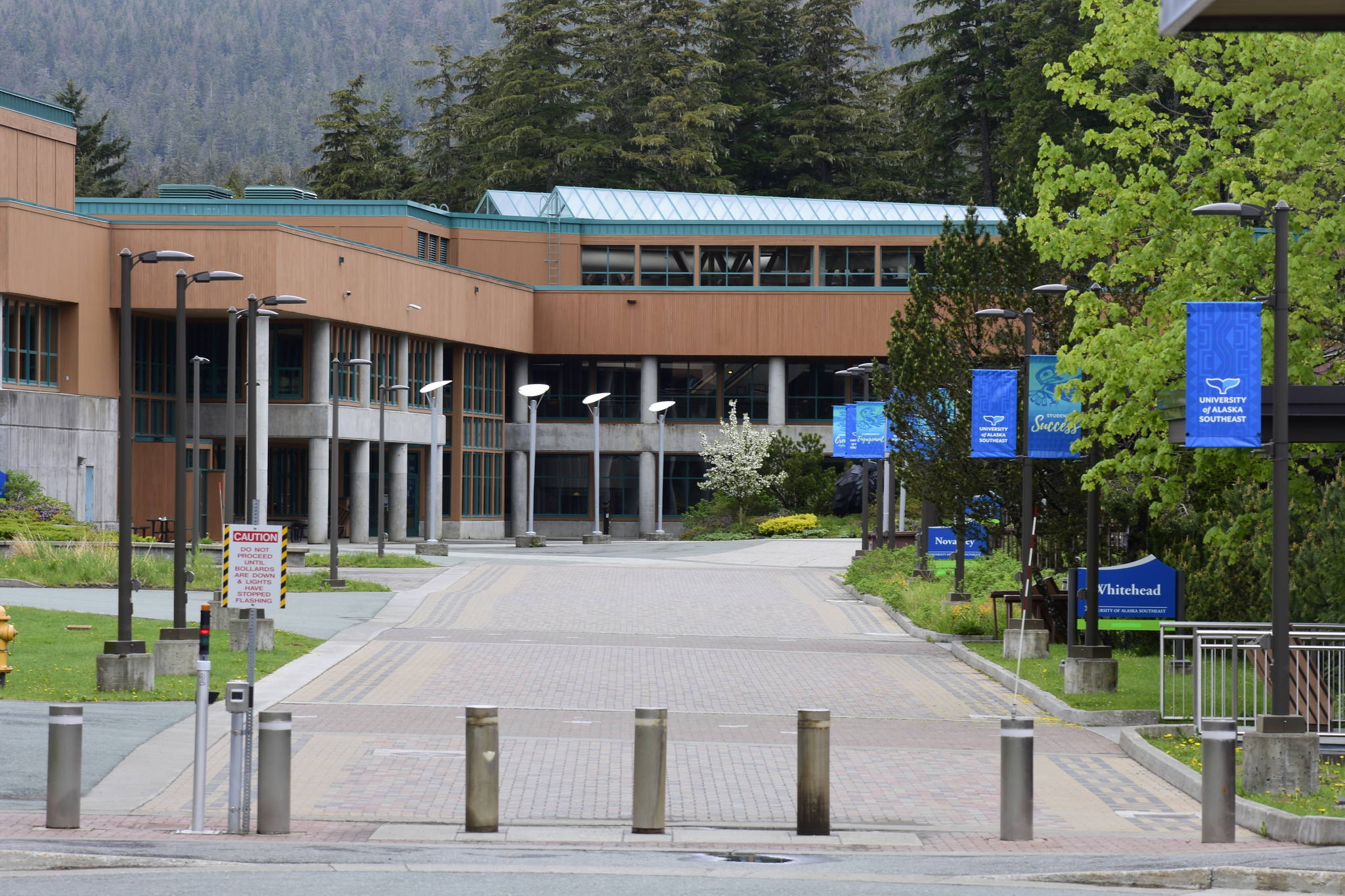The University of Alaska Board of Regents should preserve Alaska’s three universities. Reasons for doing so are many, but four seem most important.
First, a university campus is a regional economic and cultural engine. Its ability to attract and retain businesses and families are well known. Removing a university from any city would diminish its identity and cultural vitality and deal it a brutal economic blow. As Juneau is the smallest city with a university, the blow to Juneau, especially in this economic downturn, would be the most brutal and doubly so. Thankfully, shuttering any university should not and does not need to happen.
Second, as “the present” is not static, plans made today must include tomorrow. A vaccine for the coronavirus may come as soon as November. However, a year will be needed before production and distribution can be well underway, and then another year before a careful return to normalcy begins. Within two or three years, though, demand for the full benefits of higher education will return. A few years is not too long to keep the universities intact so that they can recover.
Third, in the meantime, many students are still deciding where to attend college for the fall. During the COVID-19 pandemic, demand for higher education closer to home is an option that students and their families are considering. Talk of closing any campus at this time or letting accreditation lapse will discourage students in Alaska from attending college here. The Board should not trigger this effect. It should promote stability for all three universities no matter how lean it may have to be.
Fourth, if University of Alaska Southeast or any university campus is closed, to rebuild it will take about 25 years. In 1975, I came to Alaska to teach at the new Auke Lake Campus of two buildings and few classrooms. Over many years, UAS added classrooms, program faculty, a fine library and professional staff, student advising, financial aid with community links to scholarships, student housing, food service, medical services and supremely effective distance delivery. Accreditation standards require all of these services to be not just present but of high quality. Shutting down UAS or any university campus will destroy all that has been built over many decades.
True, the plant will remain but as a ghost town. To be functionally alive, a campus needs higher education enterprise that involves students, faculty, staff, and a community in a hundred ways. UAS faculty and staff know their institution, their students, and have the knowledge and skill to deliver instruction and services that meet the high and exacting standards of national accreditation. They built courses that meet regional needs and accreditation standards. A campus plant cannot be brought back to
accredited life in less than a generation because that life would need to be regrown to maturity all over again.
The present is never permanent. The only constant is change. Alaska’s university regents should plan for tomorrow through survival today. “Retrenchment” in education is synonymous with sacrifice, but shuttering an accredited higher learning is synonymous with “annihilation.” Demand for the full benefits of higher education will return. It’s inevitable because Alaskans want self-development, careers, and upward mobility in a competitive, 21st century society. For this return, every region of Alaska deserves equal treatment of its higher education centers. Each university has strengths that merit support and preservation. Alaskans are depending on its Regents to preserve each of the regional universities, however lean that support may be, so that they survive today in shape to recover and prosper tomorrow.
• Art Petersen is a former faculty member of University of Alaska Southeast and a 45-year resident of Juneau. Columns, My Turns and Letters to the Editor represent the view of the author, not the view of the Juneau Empire. Have something to say? Here’s how to submit a My Turn or letter.

